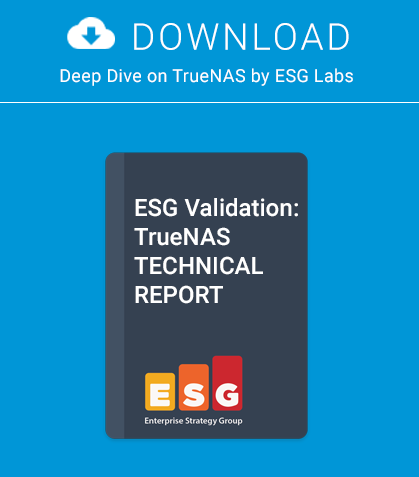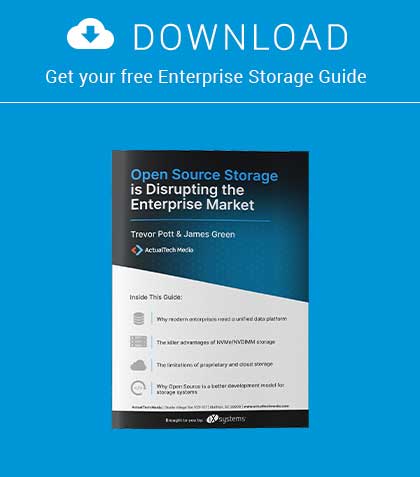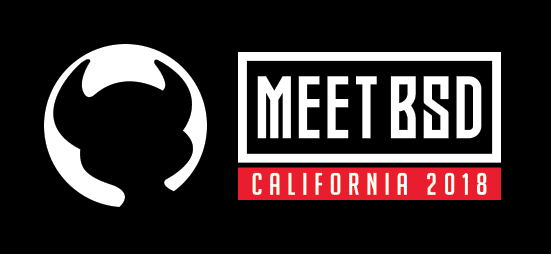
Founded in Poland in 2007 and first hosted in California in 2008, MeetBSD combines formal talks with UnConference activities to provide a level of interactivity not found at any other BSD conference. The character of each MeetBSD is determined largely by its venue, ranging from Hacker Dojo in 2010 to Intel’s Santa Clara headquarters this year. The Intel SC12 building provided a beautiful auditorium and sponsors’ room, plus a cafeteria for the Friday night social event and the Saturday night FreeBSD 25th Anniversary Celebration. The formal nature of the auditorium motivated the formation of MeetBSD’s first independent Program Committee and public Call for Participation. Together these resulted in a backbone of talks presented by speakers from the USA, Canada, and Poland, combined with UnConference activities tailored to the space.
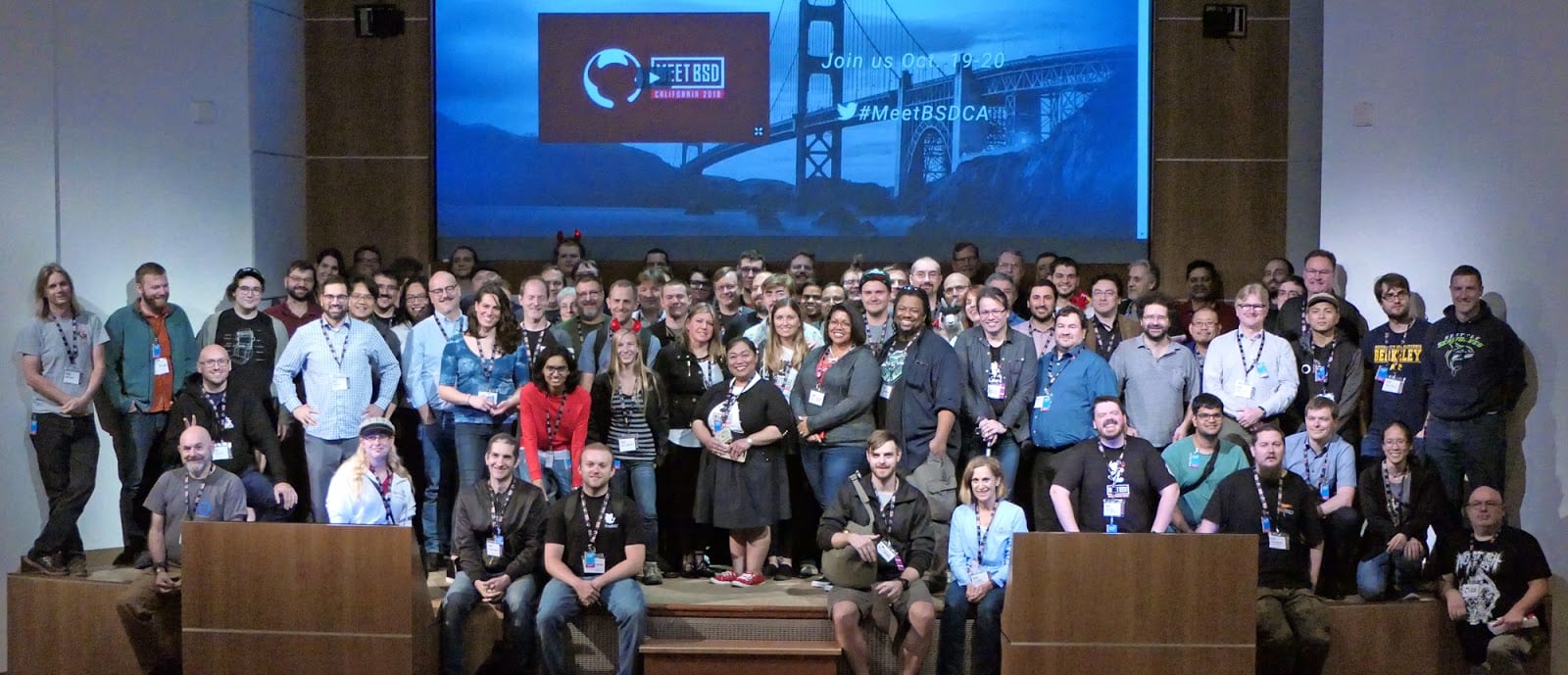
MeetBSD Day 0
Day Zero of MeetBSD was a FreeBSD Developer/Vendor Summit hosted in the same auditorium where the talks would take place. Like the conference itself, this event featured a mix of scheduled talks and interactive sessions. The scheduled talks were LWPMFS: LightWeight Persistent Memory Filesystem by Ravi Pokala, Evaluating GIT for FreeBSD by Ed Maste, and NUMA by Mark Johnston. Ed’s overview of the advantages and disadvantages of using Git for FreeBSD development was of the most interest to users and developers, and the discussion continued into the following two days.
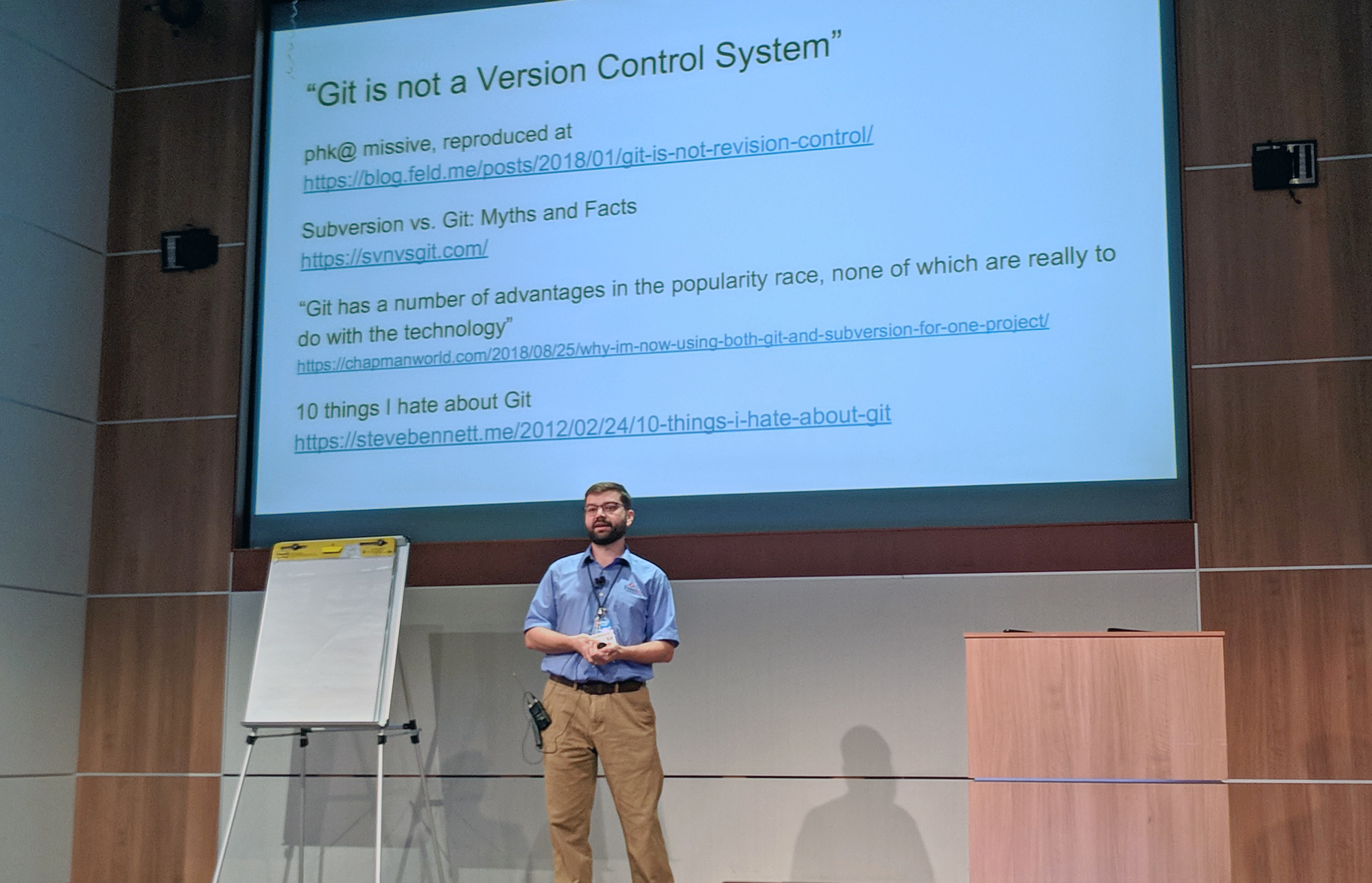
MeetBSD Day 1
The first official day of MeetBSD 2018 was kicked off with introductions led by emcee JT Pennington and a keynote, “Using TrueOS to boot-strap your FreeBSD-based project” by Kris Moore. Kris described a new JSON-based release infrastructure that he has exercised with FreeBSD, TrueOS, and FreeNAS. Kris’ talk was followed by “Intel & FreeBSD: Better Together” by Ben Widawsky, the FreeBSD program lead at Intel, who gave an overview of Intel’s past and current efforts supporting FreeBSD. Next came lunch, followed by Kamil Rytarowski’s “Bug detecting software in the NetBSD userland: MKSANITIZER”. This was followed by 5-Minute Lightning Talks, Andrew Fengler’s “FreeBSD: What to (Not) Monitor”, and an OpenZFS Panel Discussion featuring OpenZFS experts Michael W. Lucas, Allan Jude, Alexander Motin, Pawel Dawidek, and Dan Langille. Day one concluded with a social event at the Intel cafeteria where the discussions continued into the night.
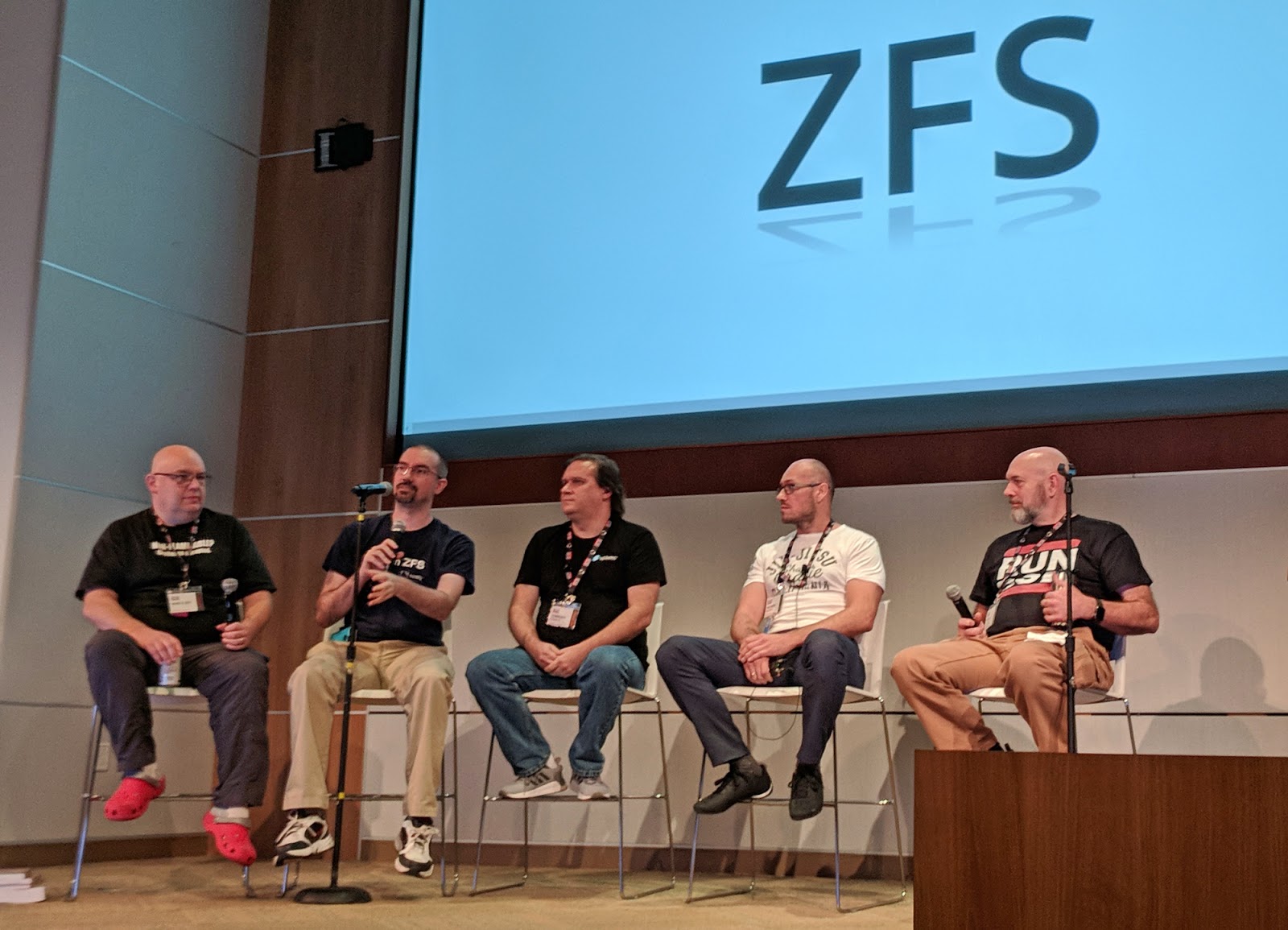
MeetBSD Day 2
Day Two of MeetBSD 2018 kicked off with a keynote by Michael W. Lucas entitled “Why BSD?”, where Michael detailed what makes the BSD community different and why it attracts us all. This was followed by Dr. Kirk McKusick’s “The Early Days of BSD” talk, which was followed by “DTrace/dwatch in Production” by Devin Teske. After lunch, we enjoyed “A Curmudgeon’s Language Selection Criteria: Why I Don’t Write Everything in Go, Rust, Elixir, etc” by G. Clifford Williams and, “Best practices of sandboxing applications with Capsicum” by Mariusz Zaborski. I then hosted a Virtualization Panel Discussion that featured eight developers from FreeBSD, OpenBSD, and NetBSD. We then split up for Breakout Sessions and the one on Bloomberg’s controversial article on backdoored Supermicro systems was fascinating given the experts present, all of whom were skeptical of the feasibility of the attack. The day wrapped up with a final talk, “Tales of a Daemontown Performance Peddler: Why ‘it depends’ and what you can do about it” by Nick Principe, followed by the FreeBSD 25th Anniversary Celebration.
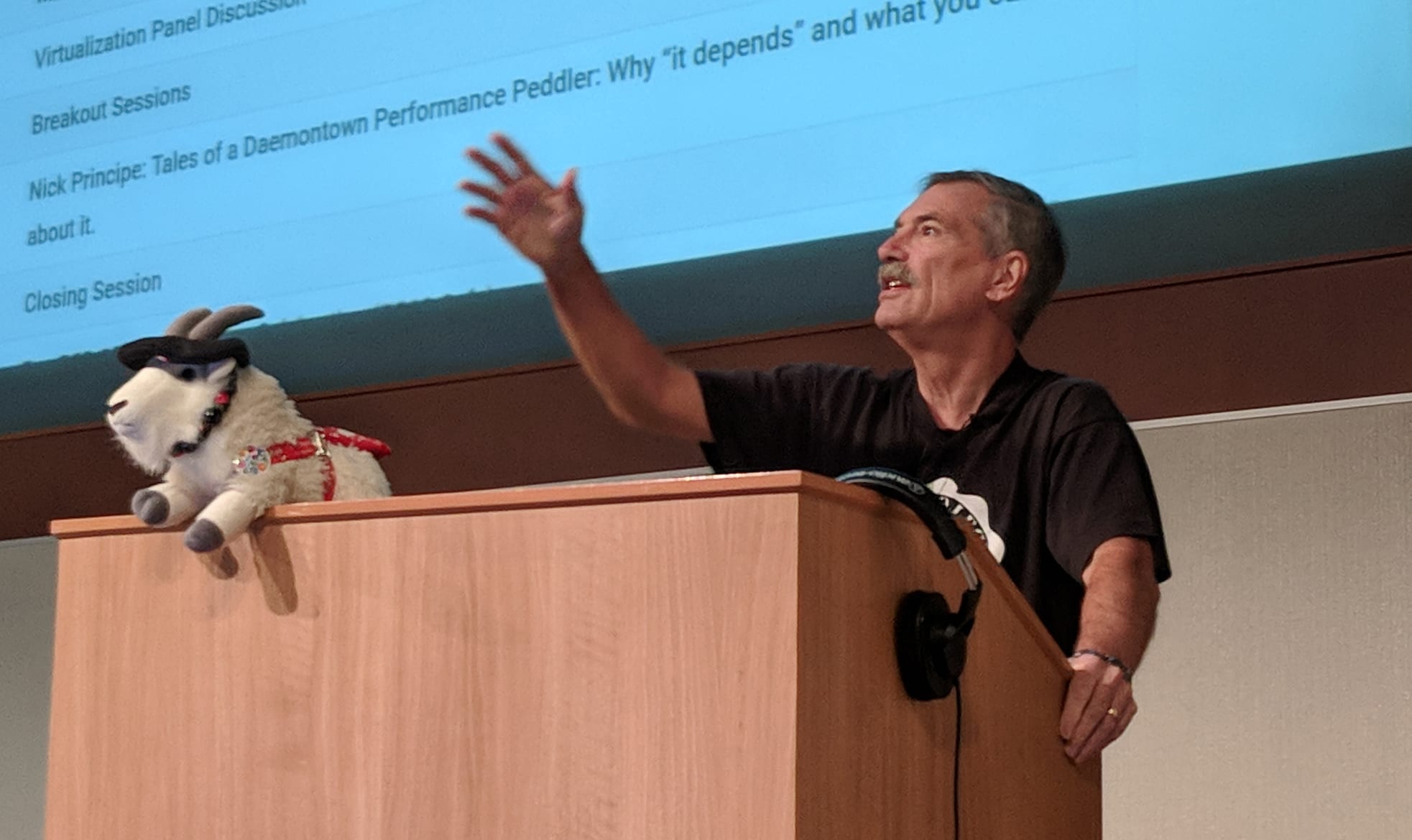
Putting the “meet” in MeetBSD
I confess the other organizers and I were nervous about how well one large auditorium would suit a BSD event but the flexible personal space it gave everyone allowed for countless meetings and heated hacking that often brought about immediate results. I watched people take ideas through several iterations with the help and input of obvious and unexpected experts, all of whom were within reach. Not having to pick up and leave for a talk in another room organically resulted in essentially a series of mini hackathons that none of us anticipated but were delighted to witness, taking the “hallway track” to a whole new level. The mix of formal and UnConference activities at MeetBSD is certain to evolve. Thank you to everyone who participated with questions, Lightning Talks, and Panel participation. A huge thanks to our sponsors, including Intel for both hosting and sponsoring MeetBSD California 2018, Western Digital, Supermicro, Verisign, Jupiter Broadcasting, the FreeBSD Foundation, Bank of America Merrill Lynch, the NetBSD Foundation, and the team at iXsystems.
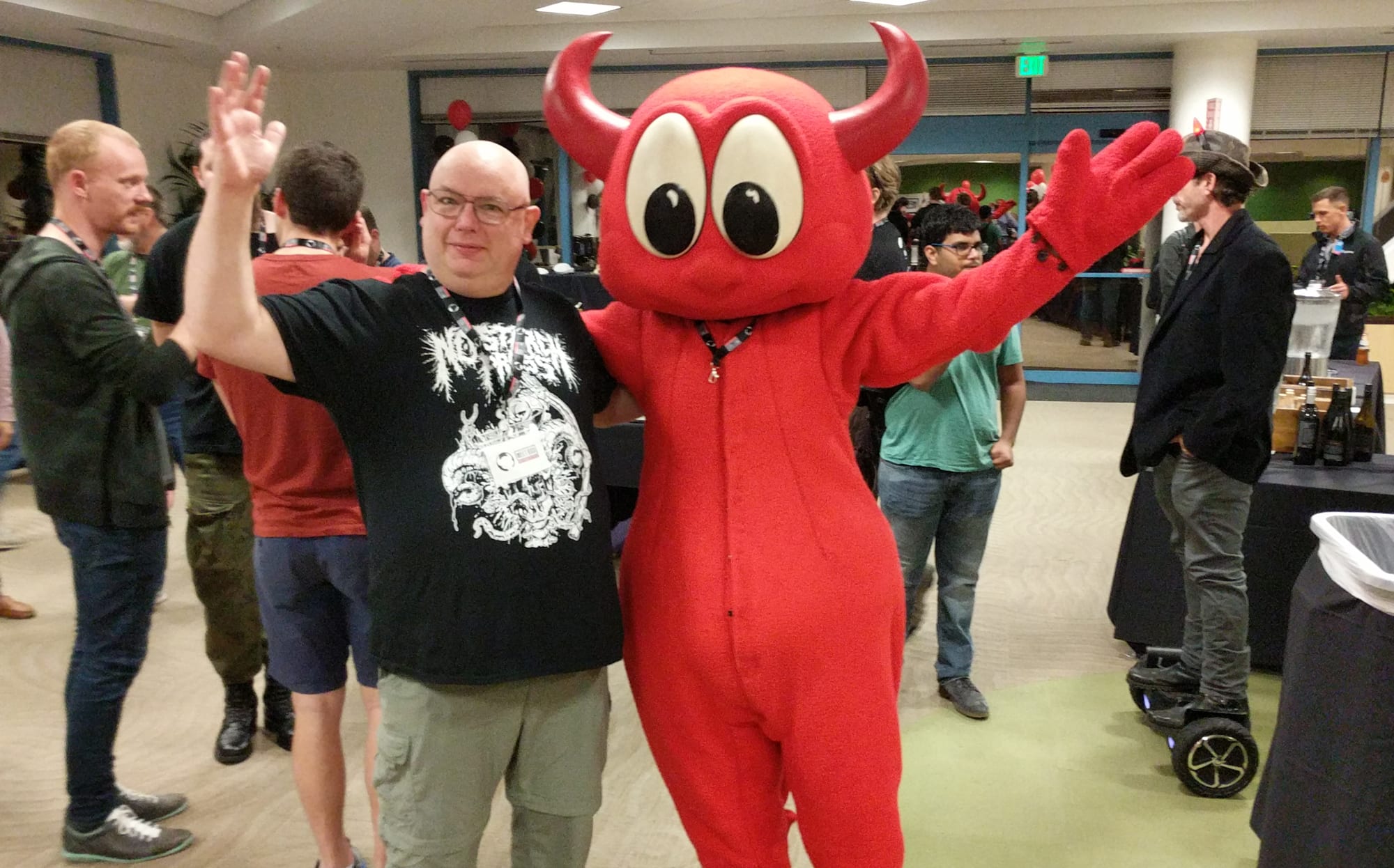
See you at MeetBSD 2020!
Michael Dexter, MeetBSD California 2018 Program Committee Chair


